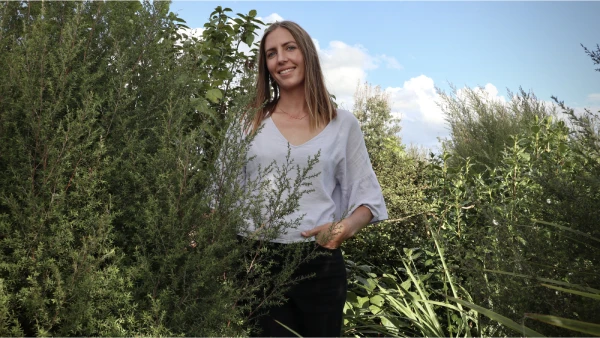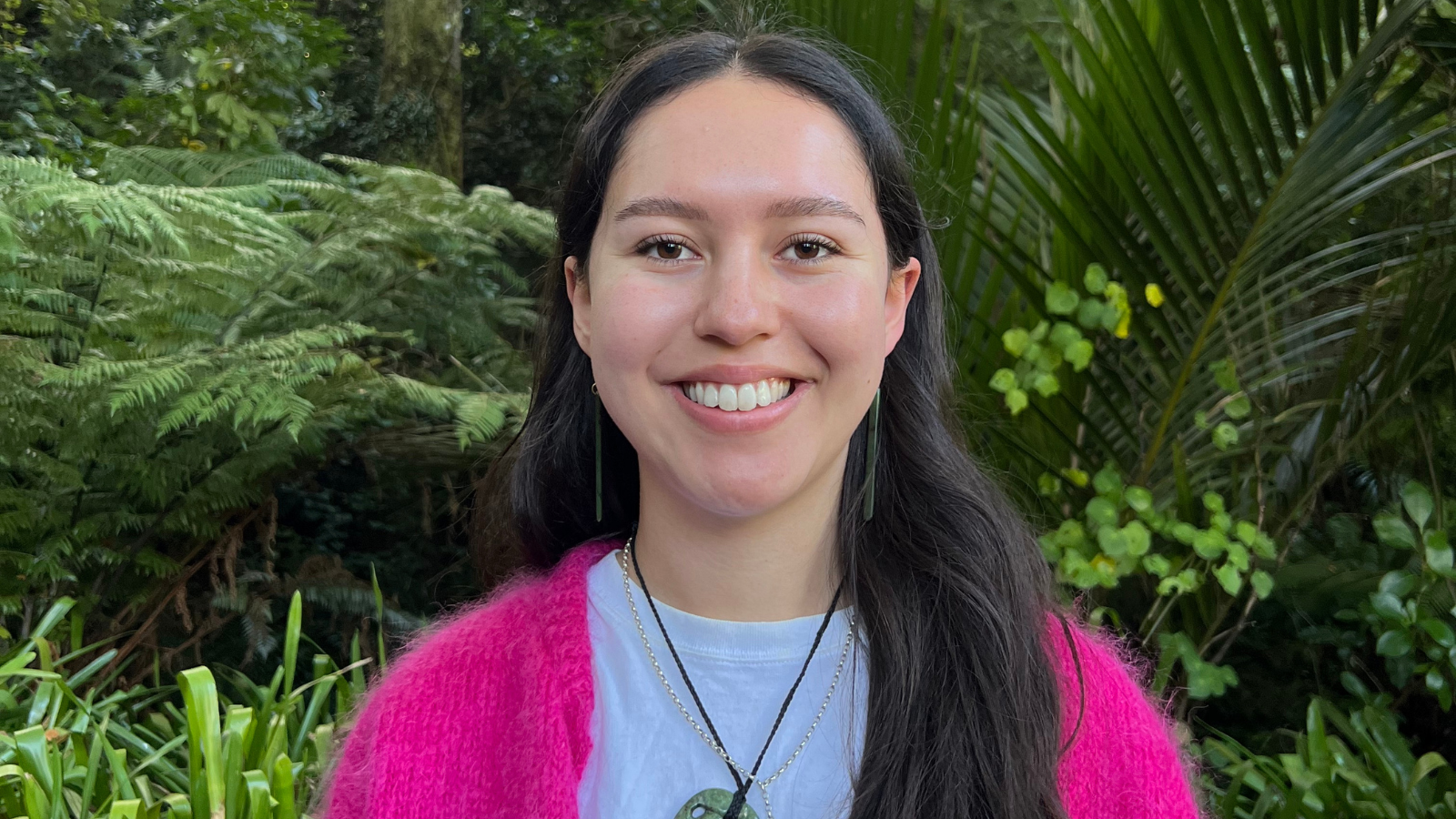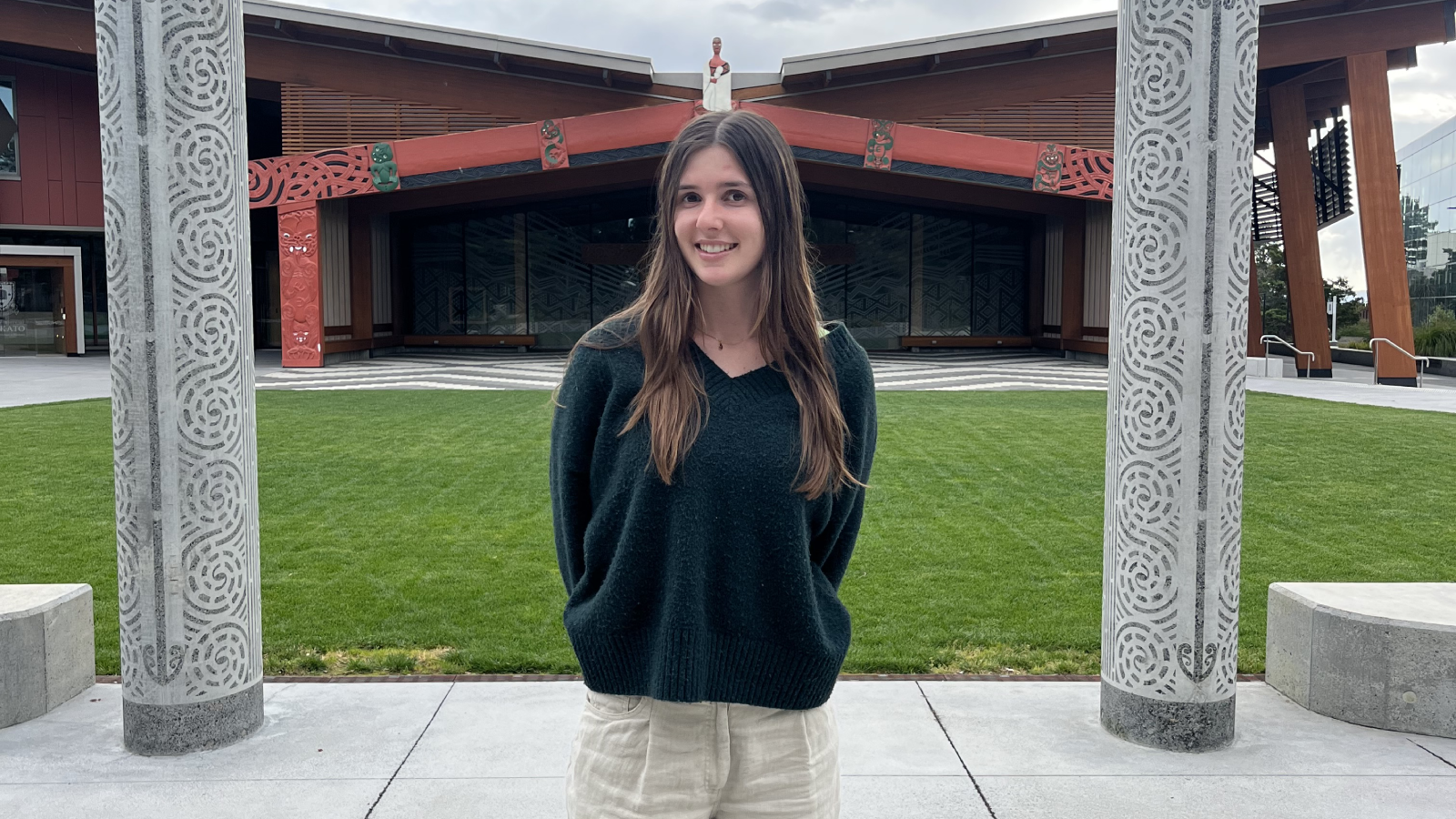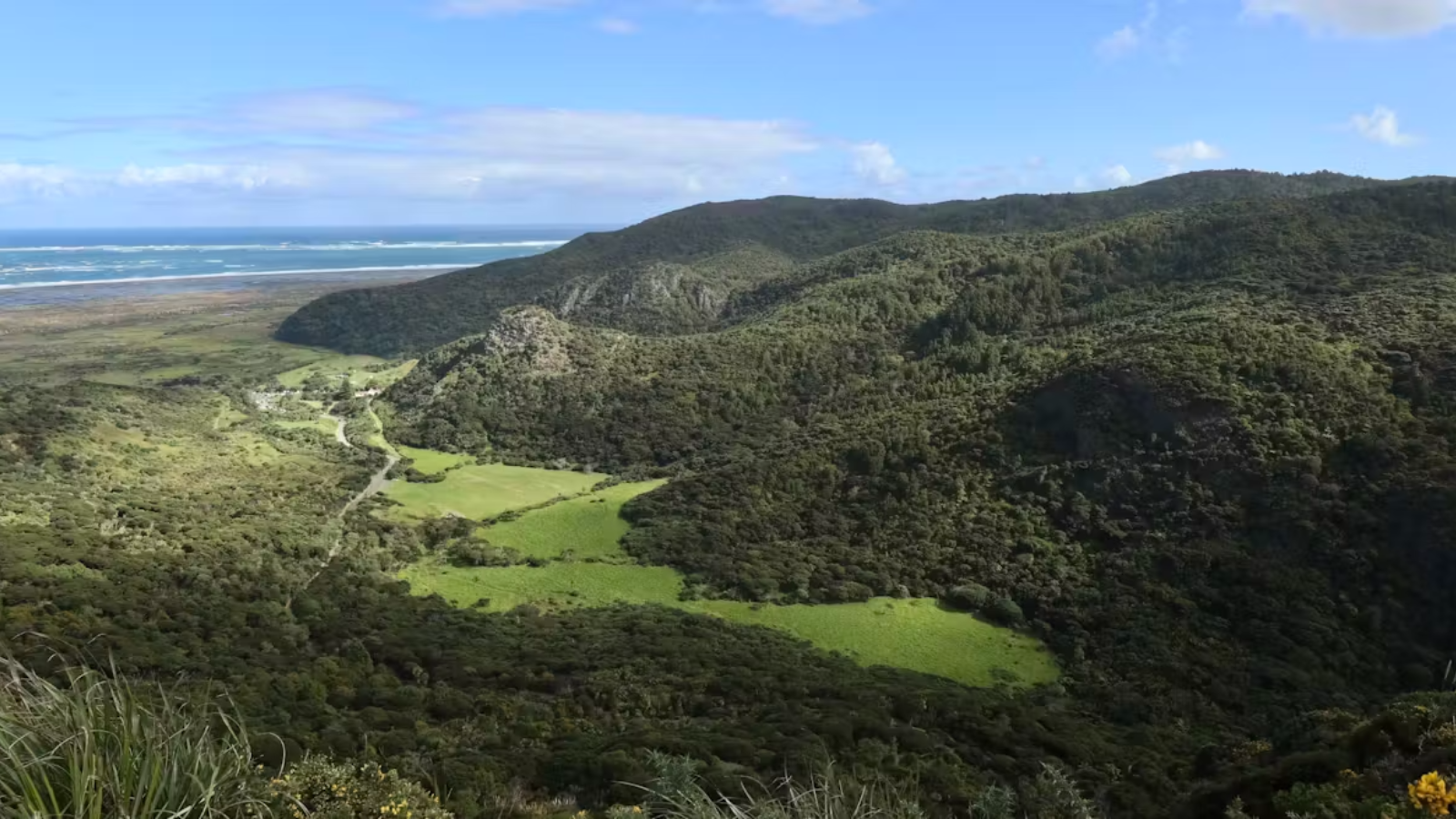Leaving behind a home, land and cherished memories is a deeply emotional experience. For communities across New Zealand, the prospect of managed retreats – whether due to disasters or climate change – can be especially challenging.
New research from the University of Waikato shows that including social and cultural perspectives for land use change could help ease grief while creating new opportunities for communities.
In a global first, University of Waikato researchers have examined 161 case studies across the globe (including New Zealand) to see what happens to land after managed retreats.
Lead researcher, Senior Lecturer in Environmental Planning Dr Christina Hanna, emphasises that managed retreat is often a response to disasters or immediate risk, but anticipatory planning and consideration of broader societal goals was valuable in helping people and land to heal.
"Managed retreat is frequently disconnected from community cohesion, cultural values, and ecosystem resilience," says Dr Hanna. "Our research highlights the importance of asking: who and what are we reconfiguring space for?"

Lead researcher, Senior Lecturer in Environmental Planning Dr Christina Hanna.
Dr Hanna’s findings, also published by The Conversation this week, reinforce the growing awareness that climate adaptation and disaster rebuilding efforts require a clear, long-term vision for reshaping landscapes and seascapes. When properly planned, retreat does not have to be just a story of loss – it can be a chance to create or restore landscapes that support social, cultural, environmental and economic goals.
For iwi and hapū, land is not just a physical space but a cornerstone of identity, culture, and wellbeing.
“Managed retreats pose vital questions about who governs spaces that hold multiple relationships and meanings to people and ecosystems, and how these are altered. In early planning, we need to prioritise justice and equity, and uphold Te Tiriti o Waitangi, partnering with mana whenua and engaging deeply with affected people and local communities on how we re-imagine land and seascapes,” says Dr Hanna.
The study cites several case studies where ‘abandoned’ land has been reimagined to support environmental restoration, community projects or cultural spaces. In cases where no post-retreat planning was undertaken, vacant sites and ghost towns have been left as stark reminders of disaster and displacement.
"Without a clear plan, these sites can become lost spaces," Dr Hanna explains. "However, when carefully considered, planned retreats can lead to a transition that brings renewed meaning and purpose to the land and people."
Across Aotearoa, several communities have undergone retreat categorisations and buyouts or are contemplating major relocations. In Dunedin, the South Dunedin Future Programme has just released options to explore strategic solutions and opportunities for the future, some of which include planned retreat and wetland restoration.
Dr Hanna’s groundbreaking research urges those policymakers, planners, and communities involved to rethink planned retreat as more than just a response to risk – it is an opportunity to reshape landscapes in ways that foster transformative adaptation to address social, cultural, environmental and economic well-being.
By working together, we can shift from narratives of loss to a vision of empowered, thriving communities in the face of climate change.



